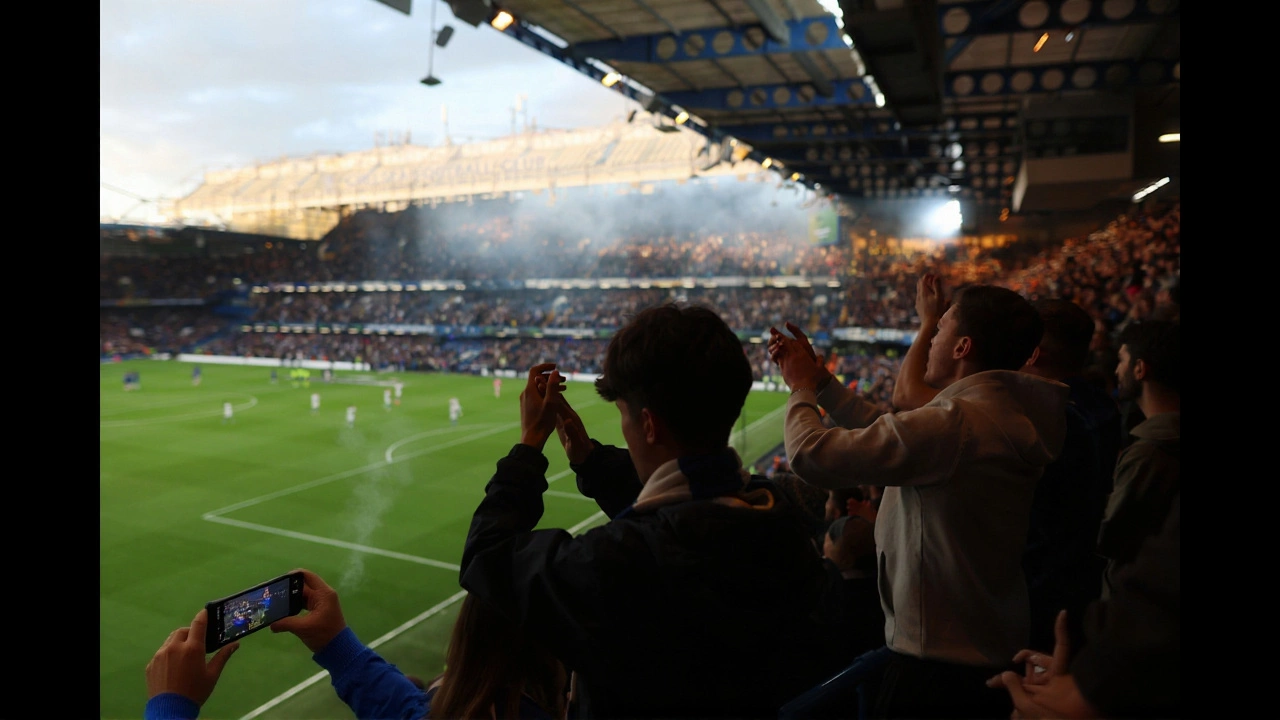Jose Mourinho: The Man, The Methods, The Moments
When you hear Jose Mourinho, the Portuguese football manager famous for his charismatic leadership and defensive solidity, you probably picture a sharp suit, a clenched fist and the phrase “I am a special one.” Also known as The Special One, he has built a reputation for turning clubs into winners while sparking debate wherever he goes.
His career is tightly linked to the Premier League, England’s top‑flight competition where he claimed titles with Chelsea and Manchester United. The pressure‑cooker environment of the Premier League shaped Mourinho’s emphasis on mental toughness and tactical discipline. At the same time, success on the continental stage came through the Champions League, Europe’s elite club tournament that he lifted with Porto and Inter Milan, proving his strategies work beyond domestic borders.
Speaking of clubs, Chelsea FC, the London side where Mourinho first became a Premier League champion showcases his ability to impose a winning mentality quickly. He arrived, installed a rigid defensive shape, and within two seasons secured multiple trophies. The Manchester United, another English giant that hired Mourinho to restore dominance offered a different challenge: managing a squad with high-profile personalities while keeping the expected attacking flair.
What makes Mourinho distinct is his blend of tactical rigor and psychological gamesmanship. He requires strong man‑management skills to keep high‑octane egos in line, and he employs counter‑attacking systems that thrive on quick transitions. These traits create a semantic link: Jose Mourinho encompasses tactical discipline, tactical discipline requires precise player roles, and player roles influence match outcomes. The pattern repeats across his stints, whether in Portugal, Italy, Spain, or England.
Beyond trophies, Mourinho’s legacy includes a brand of football that blends pragmatic defense with swift offense, a style that many clubs have tried to copy. His impact on the football manager, the profession that balances tactics, media, and player relations profession is evident in the way modern coaches discuss “pressure handling” and “big‑game mentality.” The ripple effect shows how one manager can shape broader coaching philosophies.
Now that you’ve got the background, the posts below dive deeper into specific moments, tactical analyses, and the controversies that have defined his career. From his early triumphs to the latest headlines, you’ll find a mix of insight, stats, and fan perspectives that paint a full picture of why Jose Mourinho remains a polarizing yet unforgettable figure in football.
Chelsea win 1-0 as Mourinho returns to Stamford Bridge
Chelsea beat Benfica 1‑0 at Stamford Bridge as Mourinho returns, giving the Blues their first Champions League points and raising stakes for both clubs.
